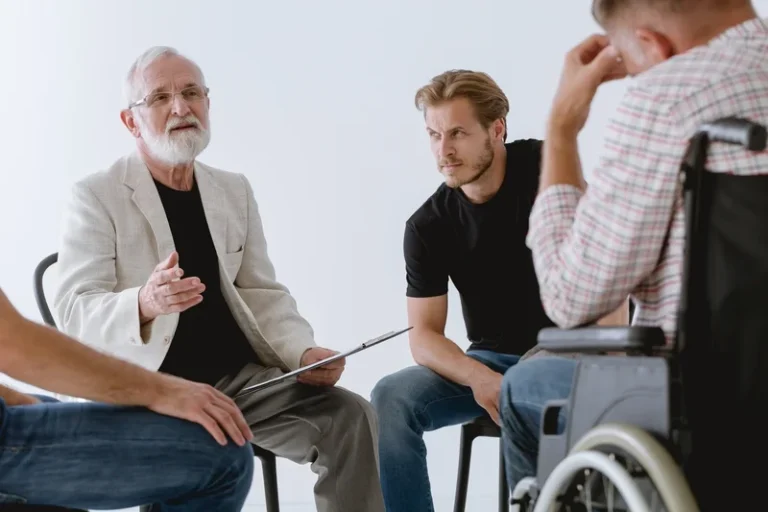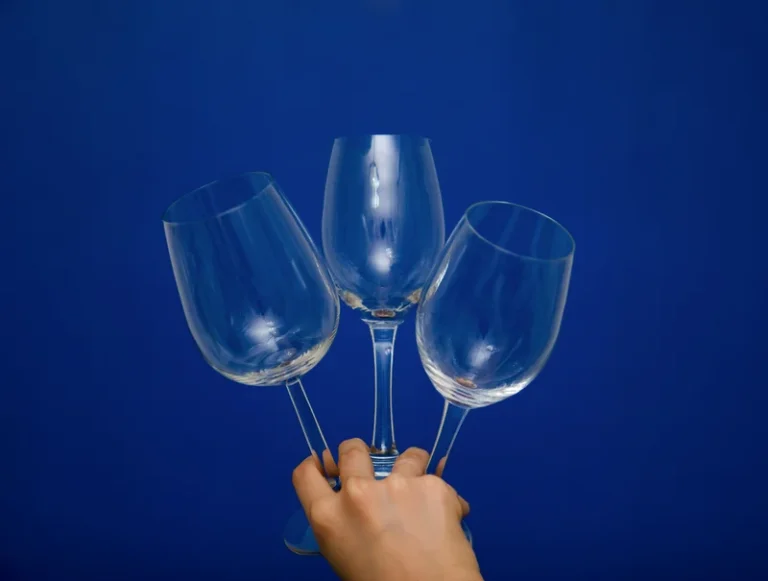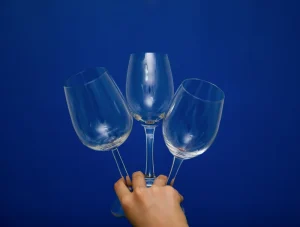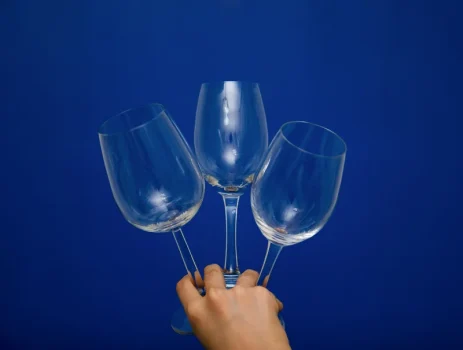- ホーム
- Sober living
- Withdrawal: Symptoms, Timeline, Treatment, and Coping
Withdrawal: Symptoms, Timeline, Treatment, and Coping
2021年04月13日

Tim is an experienced and talented administrator and director of mental health and addiction treatment facilities. Tim also spent several years as CEO to Eric Clapton’s facility in the Caribbean, Crossroads of Antigua. Mason Ungar is a Certified Alcohol Drug Counselor-Clinical Supervisor who manages the Elevate Addiction Services South Lake Tahoe facility. As a Regional Director, Mason is responsible for all aspects of the South Lake Tahoe facility, including staffing, finances, rehabilitation services, community activities, certification and licensing and facility maintenance.

Alcohol Withdrawal Timeline: How Long Does It Last?
- After stopping alcohol, inflammation in your liver caused by alcohol will subside.
- “Lightheaded, dizzy, no sleep, pale, weak, and it feels like electric shocks shoot through my body every so often. Crazy anxiety.”
- For some, symptoms already start to subside, while others begin to experience more severe ones.
- However, when you stop drinking, your liver will begin to repair itself and the damage will start to reverse.
These stages can help prevent relapse and support people to live healthier, fuller lives. Recovery from alcohol addiction generally follows the stages of abstinence, withdrawal, repair, and growth. Stress management activities such as yoga and meditation may also help you cope with your withdrawal experience. Be sure to reach out to your doctor, however, if you are struggling to cope or if you experience any worrisome symptoms. In addition to managing a successful family medical practice, Dr. Hoffman is board certified in addiction medicine by the American Osteopathic Academy of Addiction Medicine (AOAAM). Dr. Hoffman has successfully treated hundreds of patients battling addiction.
Stage 1: Mild Withdrawal

Relationships are complicated, and each one will develop and heal in different ways and timeframes. Stopping alcohol, however, can make healing possible that would not be otherwise. As President and Chairman of the Board, Dan’s mission is to grow the unique Elevate model outside of California and to bring it nationwide.
Who is at risk of alcohol withdrawal delirium
- “I feel great! A few cravings every day, but I tell myself how bad it was to detox cold turkey, and how good I feel now. I am actually getting things done in my life that I was putting off because I was always drunk.”
- In general, the course of alcohol withdrawal is highly variable and somewhat unpredictable.
- “I am going on seven weeks of being sober, and I could not be any happier.”
“I’m very irritated at times. I feel really good about my choice to quit drinking. I have headaches often and I have weird and bad dreams. Every night I dream that I’m having a drink again.” “I’m feeling so much better about my life and my actions. I love life without alcohol. Every day that passes, I realize the cravings are fewer and farther between. I’m not so tired all the time.” Some nagging symptoms might linger, but the benefits far outweigh the negative after nine days. “Most of my withdrawal symptoms are gone, but I still have sharp pains in my head, can’t sleep, and get night sweats.” “Tried again today, but it was severe this alcohol withdrawal time—bad shaking, sweating, rapid heartbeat. Instead of going to the hospital or doctor, I tried to wean and reduce for a few days.” Before you try to quit on your own, talk to your doctor for advice and support.
- Dan brings a unique and modern perspective to substance abuse and the problems faced by addicts, families, and society.
- Katie’s goal every morning, is to set an intention for the day, to help each of our clients find their way out of substance use, with compassion, empathy, and the courage to take these difficult steps.
- Your loved one might need help with practical tasks like preparing meals, going to the bathroom, and getting around.
- There are many benefits to giving up alcohol, both short-term and long-term.
- So, giving up alcohol can help your skin to look more hydrated and glowing.
So, giving up alcohol may help you to improve your relationships with friends and family. Both the World Health Organization (WHO) and the Canadian Centre on Substance Use and Addiction have determined that there is not safe amount of alcohol. One of the financial benefits of giving up alcohol is that you’ll likely have more money to spend.

“Starting to feel a little better. If I had the money, I would have gone to a 30-day rehab. I am still having shakes now and again. My head is in https://ecosoberhouse.com/ a fog constantly.” “I can’t believe the luxury of sleep! After a really hard time, I slept for two nights! Not all night, but great sleep.” “I get bad sweating even when sitting still, my head feels thick, my stomach hurts, and I have lots of gas. It’s been getting better by the day, but this morning again, I feel a bit nauseous and am getting hot and cold sweats.” “Still having cravings and thinking a lot about drinking. I’m so exhausted, though, and nauseated, I would probably get sick if I had a drink. I have noticed the cravings for sugar. Raw sugar snap peas take the edge off that.” “Depression is gone, anxiety gone, and all else gone. Didn’t sleep great last night, but tonight will be good.”
Camille actively involves families in the recovery process, ensuring they are updated on their loved one’s progress and providing them with the tools to support their journeys. Fortunately, ongoing support, coupled with pharmacological therapy, may help quell the symptoms of PAWS and decrease the risk of a relapse. However, a small portion of patients, or 10% experiencing withdrawal, will progress into the third stage of AWS. In fact, an estimated one-third of people who receive treatment for alcohol issues are sober one year later, according to the National Institute on Alcohol Abuse and Alcoholism. Because the body usually works to maintain balance, it will signal the brain to make more neurotransmitter receptors that excite or stimulate the central nervous system. One of the unexpected benefits of giving up alcohol is that you may find yourself more productive than before.










